Diversity is one of the words used by Nations Church, a local Assemblies of God Church off Macon Highway in Athens, to describe itself.
Indeed, over the last eight years, nearly 25% of evangelical churches in the United States have become what is considered a multicultural church, meaning no single demographic dominates over 80% of the congregation.
Protestant Christian churches make up over 80% of the religious organizations in Athens, making it the majority religion by a landslide.
But, something that Nations Church uses to set itself apart is its emphasis on characterizing itself as a diverse church.
“It’s come at a price and initially it split the church…Not all because of diversity issues…there’re a lot of different factors that go into the life of a church. But initially, the split happened because of the vision to become diverse,” Pastor Mike Holt said.
Holt, the pastor of Nations Church for the last five years, spoke about the beginning formation of their church body and how they came to see multiple ethnicities represented in their congregation.
After the split, seeds of different cultures stayed and eventually grew. The demographics of Nations Church roughly consist of about 50-60% white and 40-50% people of color.
One way Nations Church invites people from different ethnicities to gather is through their fellowships. A fellowship, by Holt’s definition, is a group of 20-40 people who meet weekly to enjoy their specific cultural community.
“It has been a way for them to kind of retain … their cultural identity,” Holt said.
Fostering Diversity
Currently, Nations Church has three cultural fellowships: African, Filipino and Chinese. While these groups are composed primarily of specific ethnicities, they are open to anyone.
In the future, Holt hopes to do a better job organizing cross-fellowship events and encouraging white members of the congregation to visit the fellowships. White congregates primarily gather in separate small groups.
“We’ve also explored asking the leaders of those fellowships to lead small groups that are a part of our regular church diet, that would be promoted and advertised for anybody to come to,” Holt said “Our diversity is not just in race, it’s also in age. So we’re diverse on both fronts. Age and race, and trying to see bridges made between all those is, is challenging,” Holt said.
In an effort to address some of the challenges faced in a racially diverse environment, Holt and the leader of the African fellowship, Xavier, led Nations Church through a series by Bryan Loritts, a Black pastor, and Matt Chandler, a white pastor, called, “Race and the Gospel.”
“The events of the year caused a natural springboard for conversations that we weren’t shying away from anyway, but just became easier to bring up,” Holt said, referring to conversations about racial relations within their church and the community.
The series involved watching videos as a collective and then facilitating dialogue among the congregation.
“Conversation, conversation, conversation. I noticed this even on the Wednesday night series that we did. Of course, with COVID, we couldn’t really do the format that I wanted. We showed the video up front from the pulpit. Me and Xavior sat up front, and it was people sitting in rows. If they had a question they would come to a microphone. That’s really not the format. The format is not rows, it’s a circle,” Holt said.
The desire to create an inclusive dialogue and welcoming environment to people of all nations stems from Evangelical Christian beliefs and values.
“God’s Word says it’s, ‘to all nations,’” said Holt, quoting a partial verse from the New Testament in the Bible. The verse instructs Christians to spread the message of the Gospel to people of every ethnicity.
“We believe salvation means reconciliation with God and reconciliation with one another, and that we’re called to represent both,” Holt said.
The church has plans to continue these types of “reconciling” conversations after COVID-19 eases up and it becomes safer to do so.
Nations Church offers in-person Sunday services at this time; however, due to the COVID-19 pandemic, the church has not seen as many of their multicultural members return.
The CDC states there is increasing evidence that suggests minorities are being affected disproportionately with factors including, discrimination, healthcare access, occupation, education and housing.
“When it’s not corona, we’re probably 50 to 60% white, 40 to 50% everything else,” Holt said, implying that right now there is a higher ratio of white attendees.
He said he believes the number of congregants from other cultures are lower right now due to COVID-19 health and risk concern, but that as the world begins to become safer again, those members will return and more conversations will continue.
Gallery caption: Nations Church, an Assemblies of God Church located off Macon Highway in Athens, Georgia, offers in person Sunday services where masks are encouraged by not required. Their service includes singing, prayer, a sermon message from Pastor Mike Holt and ends with more singing and prayer. After the service, people gather and talk on the property (Photos/Caroline Head).
Replication
Holt makes a summation of three key ways their church has attempted to foster an ethnically diverse environment.
- First, a definition of diversity lays the foundation. The intersection of religion and diversity meet in the need to define what it means to be a diverse Christian church in reference to Christians’ sacred text, the Holy Bible.
“Our reconciliation with God means our reconciliation with one another, those two things cannot be separated out. There has to be a strong conviction, that if the blood of Jesus is strong enough to connect me with God, it is strong enough to connect me with others. And that has got to be from day one, a strong conviction,” Holt said.
- Second, practical steps are needed from the start to cultivate a multicultural environment where each ethnicity can unite. For Nations Church, that means fellowships and small groups allowing like cultures to gather.
“And so, you know, just because we meet separate doesn’t mean that there’s necessarily a problem, it just means that we need to be a little more aware in making sure that, that we are just growing in relationship with each other,” Holt said.
- Third, presenting unifying causes to the congregation as a whole helps build bridges and common ground between cultures.
Unifying As One Organization
One way the church comes together “as one” is by rallying around celebratory events and community causes in Athens.
The church aims to build bridges between their culturally different congregants through their annual “Light the Night” Christmas outreach.
Three years ago, Nations Church decided to hang over 130,000 string lights in their parking lot and asked each fellowship to set up a booth displaying how their culture celebrated Christmas.
Members of the congregation and the community could come, celebrate and learn about Christmas from a different perspective.
Another way they encourage the different members of their congregation to interact and unite is through local outreach and missional giving.
“We have a base of givers who give above and beyond their time to our missions program,” Holt says. The church recently partnered with City of Hope ministries serving the homeless and hungry population in Athens.
Limitations
In an article published by Christianity Today, Morgan Lee, a mixed-race Christian writes, “But sociologists found—as they have in the past—that diverse congregations don’t necessarily result in shifting understanding around issues like racial justice. Most multiethnic churches are white-led, white-majority congregations that pursue diversity in ways that won’t ‘challenge white congregants’ views and practices.”
One limitation within a religious organization focusing on diversity, such as Nations Church, is the demographics of its leadership.
“If you’re going to be a diverse church, you better have diversity in your leadership. Transparently, the only diverse staff that I have actually just transitioned… so right now, all of our staff are white,” Holt said.
However, there are three African and African American members on the elder board, and there are plans to add a new, intentionally diverse lay leadership layer, Holt said.
The Lewis Center for Church Leadership published an article in 2017 listing seven characteristics of a diversity-oriented Church. Four of them underscore the importance of having racial and generational diversity in the leadership.
Another thing Holt desires to see improved at Nations Church is the interaction between cultures at the Sunday services where everyone gathers and between the fellowships and small groups.
“We all tend to gravitate toward those that we’re most like, and especially when there’s a strong cultural identity, it is a significant leap for an African to jump into the culture of a white small group, or vice versa,” Holt said.
Lee addresses this issue saying, “Despite efforts to diversify these gatherings, the cultural default too often remains that of the majority. Even when well-intentioned organizers expand speaker lineups and topics, those in the minority are usually still put in a position where they give up on their cultural preferences for the sake of broader appeal.”
There seems to be a lack of consensus suggesting an ideal formula for the diversity-oriented church; however, the format of leadership reflecting church and community demographics along with the necessity to preserve ethnic-affinity groups proves to be a consistent characteristic.
“We want unbelievers to look at our church and go, ‘they’re different on every level, but they love one another,’” Holt said.
Caroline Head is a senior majoring in journalism in the Grady College of Journalism and Mass Communication at the University of Georgia with a minor in Human Services Counseling.


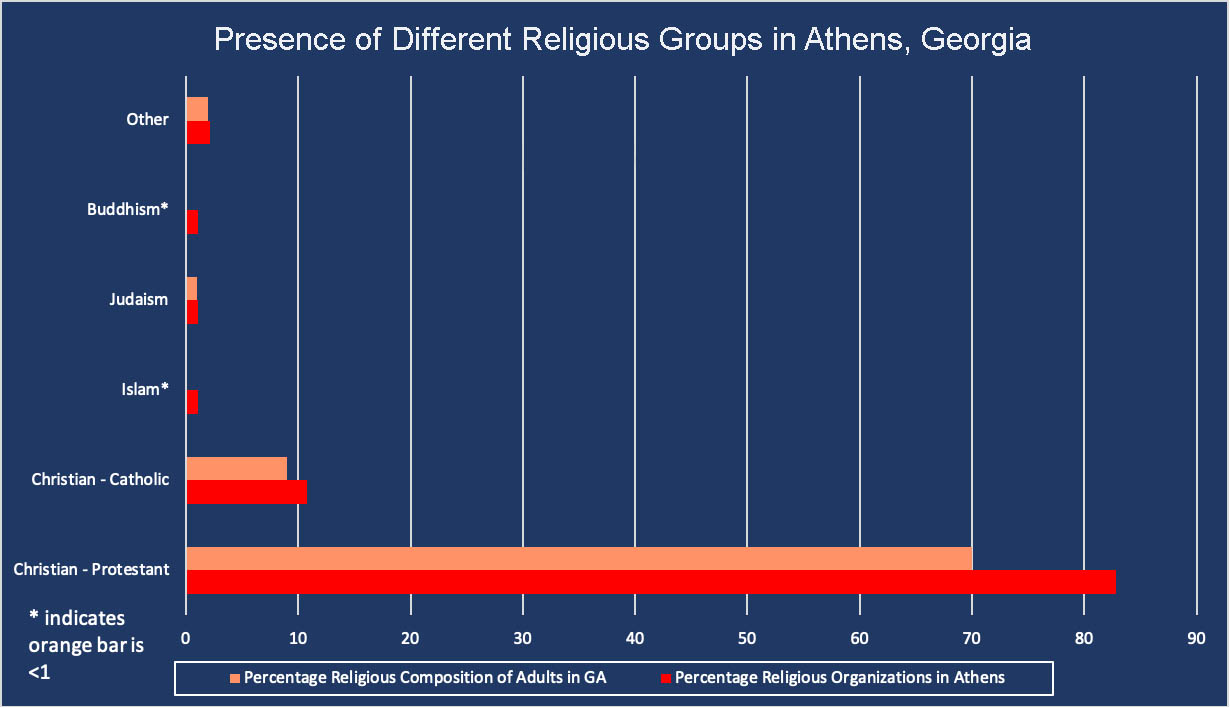
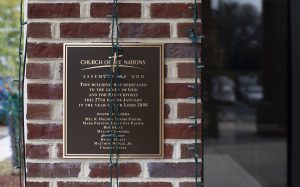
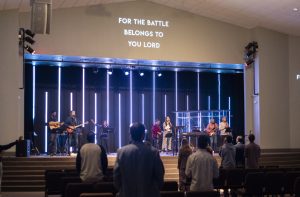
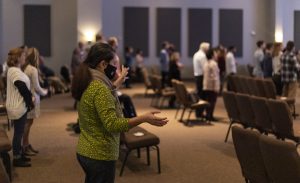
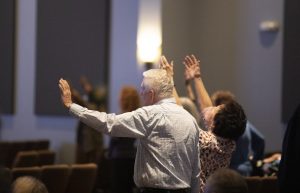
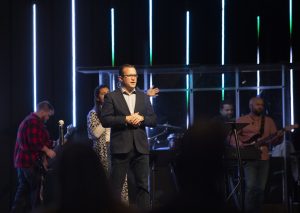
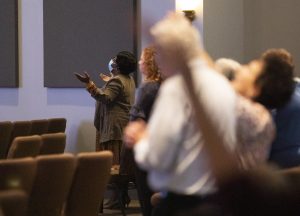
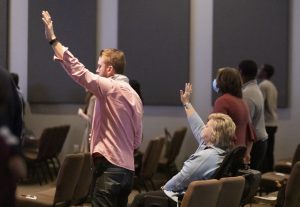
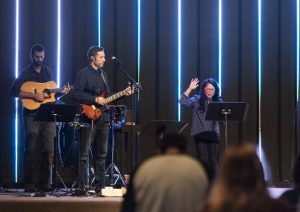
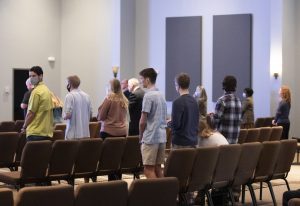
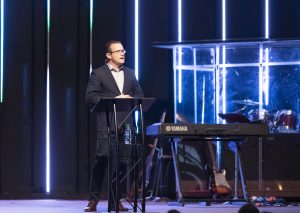
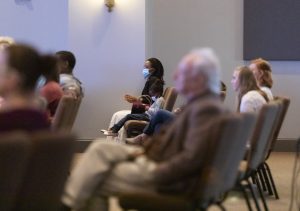

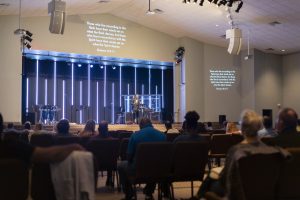
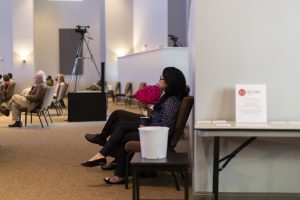
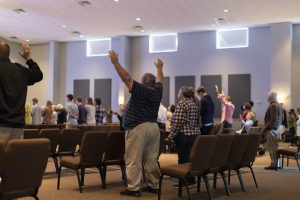
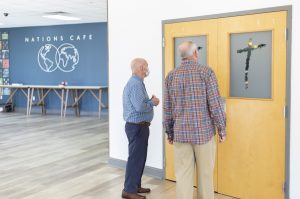
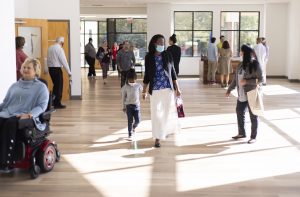
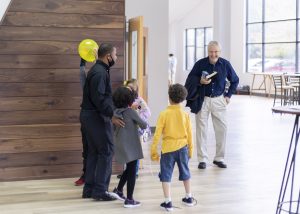
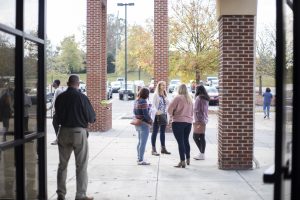
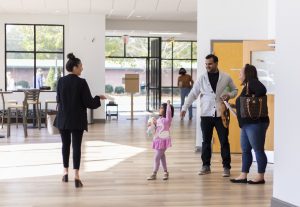
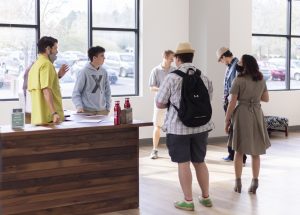


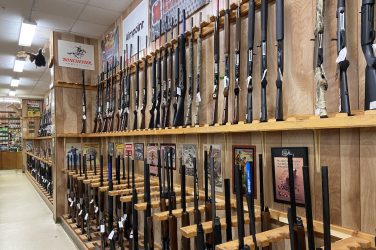

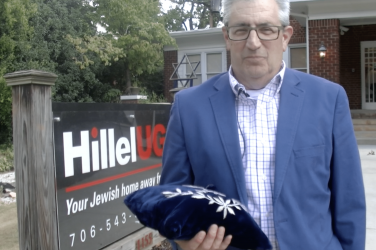

Show Comments (1)
Robert Charles
In the United States, nearly a quarter of evangelical churches now qualify as multiethnic, meaning no single racial group makes up more. Conversion differentiates the Christian from the non-Christian, and the change in life it leads to is marked by both a rejection of sin and a corresponding personal holiness of life.